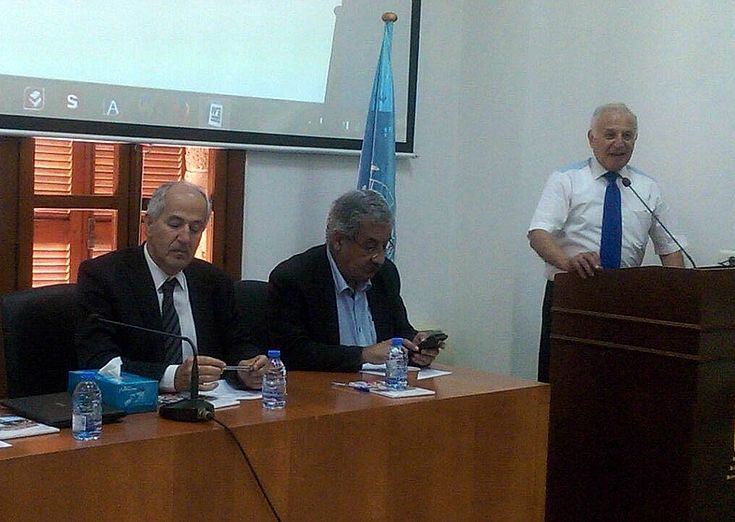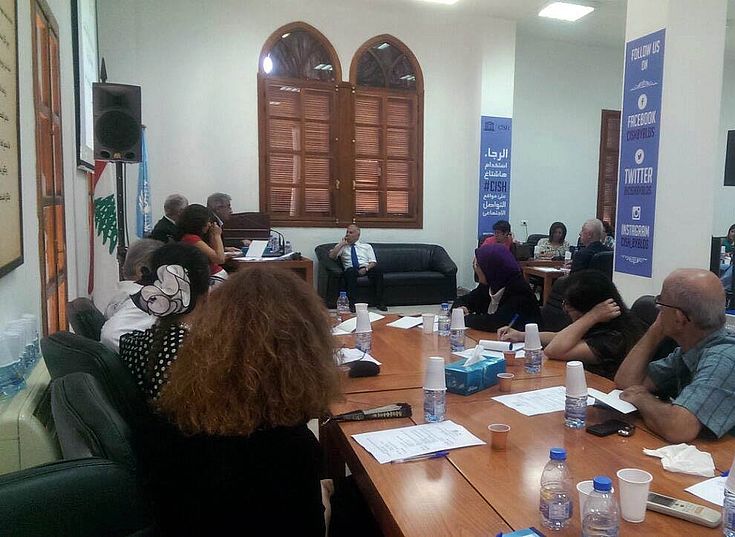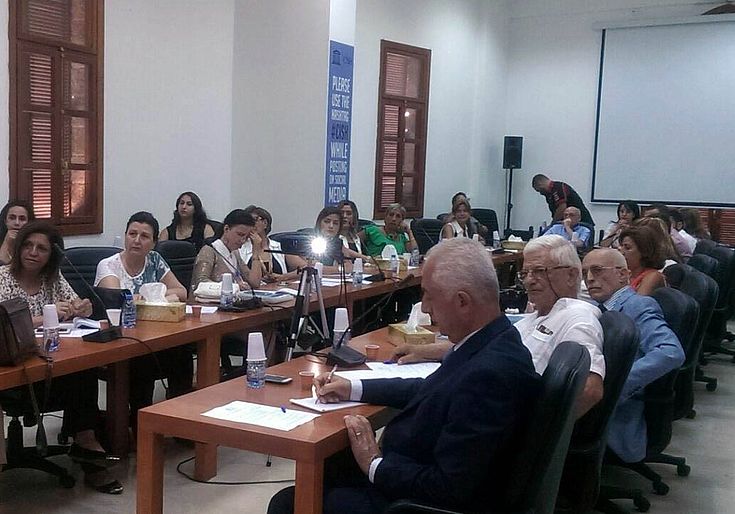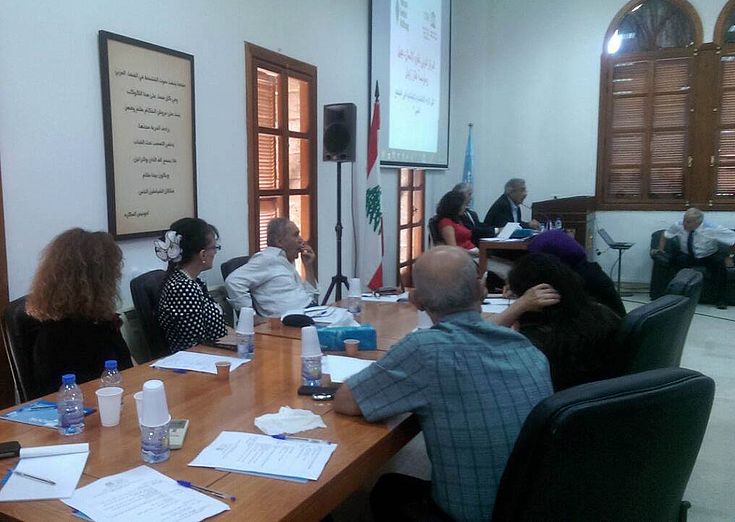What's happening at HSS?
Workshop on 'The Impact of the Socio–Economic Crisis on the Lebanese Society' from July 29 - 30, 2016 in Byblos / Lebanon
The Syria crisis will soon enter its sixth year, with no end in sight. The impact is daunting. At least approximately190.000 people have been killed since the beginning of the conflict. Almost half of the population has been forced to leave their homes including over 3.2 million who have sought refuge in neighboring countries. Among these refugees there are around 1.7 million children.
As the crisis persists, refugees are exhausting their savings and resources, becoming more vulnerable, and are increasingly at risk of resorting to negative coping mechanisms. Millions remain in need of lifesaving humanitarian assistance and international protection. Refugees continue to stream across borders, thousands of the refugees arriving to countries in the region and other countries. Many have been internally displaced multiple times.
The crisis has had unprecedented social and economic impacts on host countries in the region, affecting their stability and reversing years of hard-won development gains; exacerbating pre-existing vulnerabilities; overstretching basic social services such as health, water, sanitation and education; aggravating unemployment; diminishing trade and investment; and creating competition for limited and declining resources.
Lebanon and Jordan now have the highest per capita ratios of refugees worldwide, and they, like the other major host countries of Turkey, Iraq, and Egypt, have been the largest providers of both human and financial resources for the response. They cannot, however, bear this responsibility without the support of the international community. Traditional humanitarian assistance is no longer enough, especially given that an end to the crises is not imminent.
The Syria crisis is not only a huge humanitarian and development crisis, but also has become one of the most serious threats to regional peace and security. It is necessary to think about how to help those suffering today and to strengthen the systems responsible for ensuring their future and dignity tomorrow, and how to reduce the pressure of Lebanon.
During the workshop, which was carried out in cooperation with the Centre International des Sciences de l'Homme -CISH', various questions and point of views have been addressed like.
- the causes of the current economic crisis in Lebanon (e.g. the Sectarian struggle and lack of political change, non-election of a new President, non-election of a new Parliament, corruption, limited infrastructural capacity and increased competition for services and resources. the Syrian Refugee Crisis etc.)
- the effect of economic crisis on the social life in Lebanon (e.g. high cost of living, rising unemployment and crime rate, low wages, absence of security, Syrians receiving services and economic support, which at least some poorer Lebanese have not been receiving from their own government, women and children rights continue to be under threat, early marriage etc.)
- the role of international organisations and municipalities “Filling the State Vacuum”
On the last day working groups discussed some issues related to the context of the previous days in order to nourish some level of debate and exchange useful ideas.
One group concentrated on the question: The fast developing phenomenon of mass displacement from Syria to Lebanon is not only explained by the conflict’s ferocity, its destructive consequences, and the geographic proximity of Lebanon to Syria. It has other broader causes. What are these causes?
The second group answered the question: How is the security situation in Lebanon? How does the Socio-Economic Crisis affect youth by some of them becoming “active terrorist”, "forming dormant cells at the behest of terror organizations and providing them with arms with the aim of carrying out terror acts across Lebanon.
The third group discussed the question: Lebanon remains vulnerable to the Syrian conflict. Although the country has avoided major upheaval so far, the state is weak, sectarian tensions are high, and political coalitions are divided along pro and anti-regime lines. How can Lebanon survive the Syrian Crisis?
Representatives from various Ministries like Ministry of Labour, Ministry of Economics, Ministry of Finance, Ministry of Commerce, representatives from the political parties and from NGOS and from different sectors (public, private, municipalities) as well as students from several universities in Lebanon took part in the workshop.




